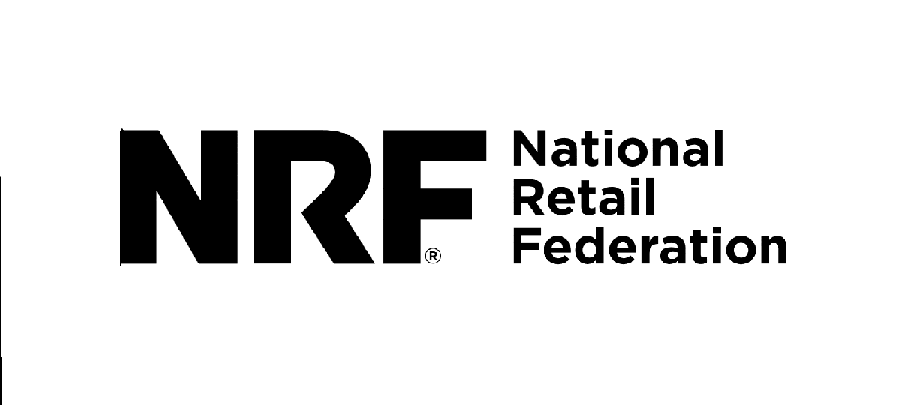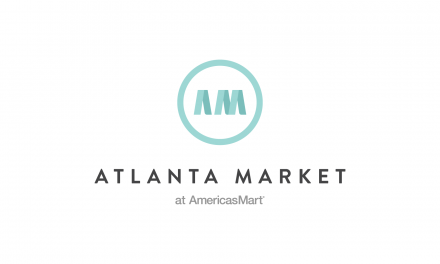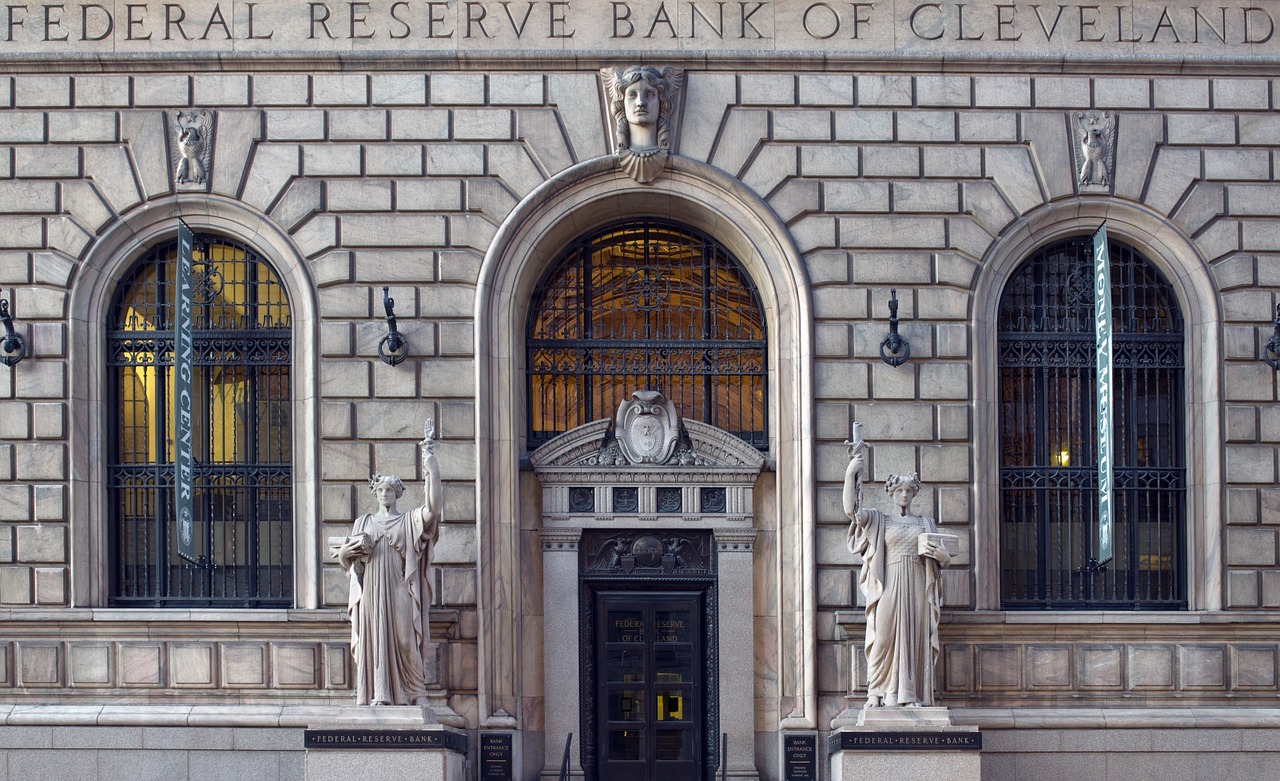WASHINGTON – The National Retail Federation welcomed the announcement by the Federal Reserve that it plans to clarify that banks must allow retailers to decide where to route online debit card transactions for processing the same as they do with in-store debit transactions.
“When Congress said routing was up to merchants, that meant wherever the purchase was made, not just in stores,” NRF Vice President for Government Relations, Banking and Financial Services Leon Buck said. “With the accelerated shift to online spending during the pandemic, this issue is more important than ever. The lack of routing ability has cost retailers billions of dollars, and that’s an added expense small businesses can’t afford as they work to recover from the economic impacts of COVID-19. NRF has raised this issue with the Fed repeatedly, and we are glad to see the Board of Governors take action. This move will help bring about the competition that is needed to bring these fees under control. Card processing costs ultimately drive up prices for consumers and cannot be allowed to continue to grow.”
Under the Durbin Amendment, a law passed in 2010, U.S. banks that issue debit cards must enable the cards to be processed over at least two unaffiliated networks. That means either Visa or Mastercard plus one of a dozen competing debit networks such as Star or Shazam that offer equal or better security and other benefits but lower fees.
When the Durbin Amendment was passed, processing a debit card purchase on networks other than Visa or Mastercard required entering a PIN on an in-store terminal, leaving those two as the only option for online transactions. Since then, debit networks have developed the ability to process transactions without a PIN but many card-issuing banks have not enabled “PINless” capability on their cards.
“Although technology has subsequently evolved to address these barriers, data collected by the board and information from industry participants indicate that two unaffiliated networks are often not available because some networks do not enable two networks,” the Fed said. “The absence of at least two unaffiliated networks for (online) transactions forecloses the ability of merchants to choose between competing networks when routing such transactions, an issue that has become increasingly pronounced because of continued growth in online transactions, particularly in the COVID-19 environment.”
The Fed today proposed an update to its regulations clarifying that the routing option applies to online and other “card-not-present” transactions and saying card issuers must enable their cards to be processed on at least two networks regardless of whether they are used in-store or online. In addition to online transactions, retailers’ ability to route in-store transactions has been limited by the increased use of mobile apps and contactless cards to pay for purchases because neither allows for the use of a PIN.
The Fed’s announcement comes as the Department of Justice is reportedly investigating whether Visa has violated antitrust laws by limiting merchants’ ability to route debit transactions while the Federal Trade Commission is investigating both Visa and Mastercard.
The ability to route transactions and another Durbin Amendment provision capping swipe fees for debit cards from the nation’s largest banks at 21 cents per transaction have saved merchants $9.4 billion a year, according to payments consulting firm CMSPI. But the lack of routing options online has cost merchants between $2 billion and $3 billion since the beginning of the pandemic, according to CMSPI.
Debit and credit card fees are among merchants’ highest costs after labor and drive up prices paid by consumers by hundreds of dollars a year for the average family. Card processing fees totaled $116.4 billion in 2019, up 88 percent over the previous decade, according to Nilson Report, a trade publication that follows the card industry.
About NRF
The National Retail Federation, the world’s largest retail trade association, passionately advocates for the people, brands, policies and ideas that help retail thrive. From its headquarters in Washington, D.C., NRF empowers the industry that powers the economy. Retail is the nation’s largest private-sector employer, contributing $3.9 trillion to annual GDP and supporting one in four U.S. jobs – 52 million working Americans. For over a century, NRF has been a voice for every retailer and every retail job, educating, inspiring and communicating the powerful impact retail has on local communities and global economies.










